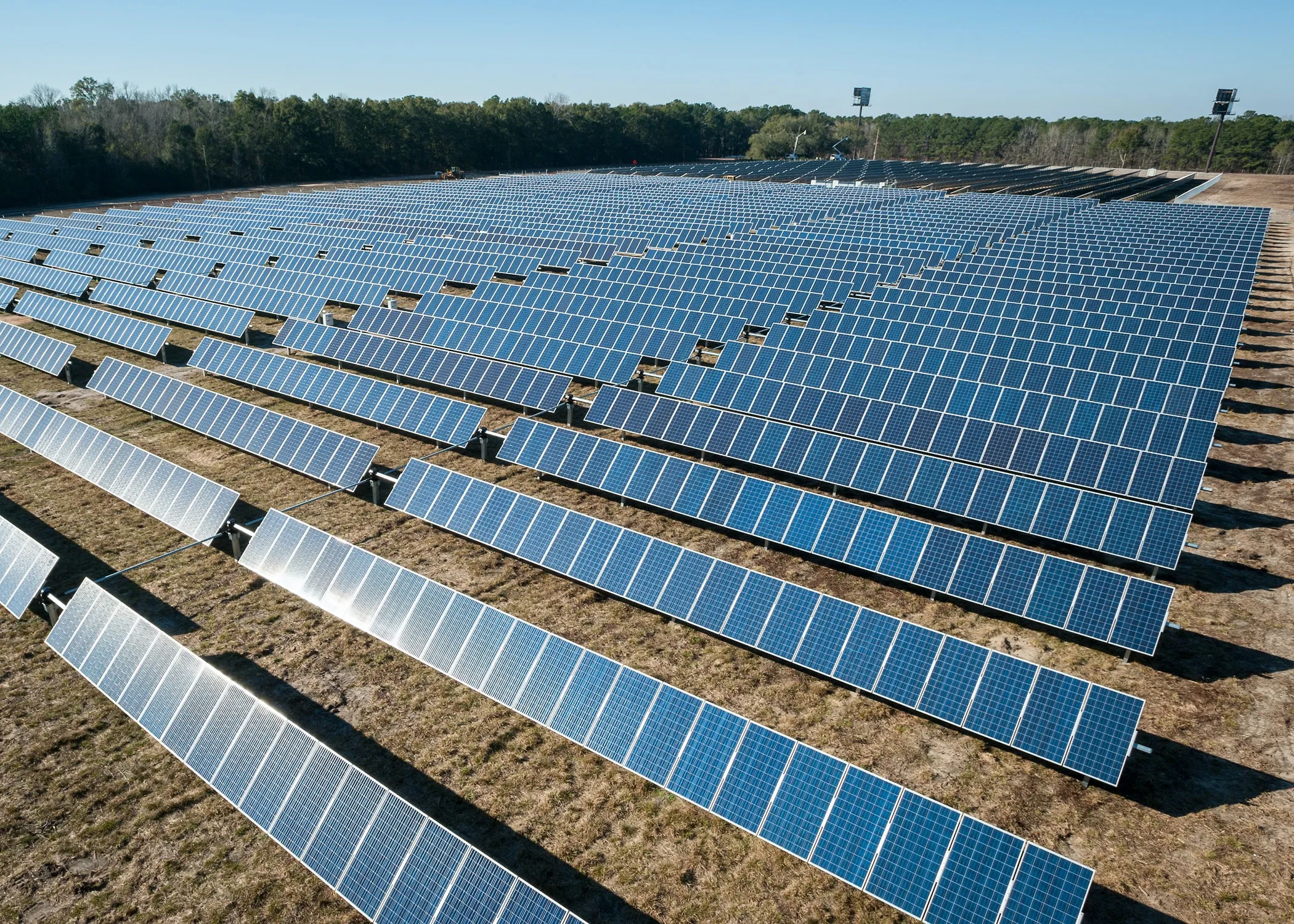Overcoming Challenges in Adopting Renewable Energy on Farms
Navigate through 'Overcoming Challenges in Adopting Renewable Energy' with Vriksha Farms, a crucial guide for modern farmers. This blog post addresses the common hurdles in integrating renewable energy into agricultural practices. Learn about solutions to obstacles faced when implementing solar, wind, and biogas systems on farms. Gain insights into practical strategies for successful renewable energy adoption, aligning with sustainable agriculture and the future of eco-friendly farming."

Introduction
The transition to renewable energy on farms is a key step towards sustainable agriculture, but it comes with its own set of challenges. Vriksha Farms, a leader in managed farmland development, is committed to sustainable living and responsible agroforestry, acknowledging the hurdles faced by farmers in adopting renewable energy. This blog post aims to address these challenges and offer solutions for a smooth transition to renewable energy in the agricultural sector.
Identifying Common Challenges
- High Initial Costs
One of the primary barriers to adopting renewable energy is the high initial investment. Solar panels, wind turbines, and biogas systems can be costly to install, making it a significant financial decision for farmers.
- Lack of Technical Knowledge
Many farmers may lack the technical expertise required for the installation and maintenance of renewable energy systems. This knowledge gap can make the transition seem daunting.
- Limited Accessibility
In some regions, access to renewable energy technology and expertise can be limited. This lack of accessibility can hinder the adoption of renewable energy on farms.
Strategies for Overcoming These Challenges
- Exploring Financial Assistance
Farmers can seek financial aid through grants, subsidies, and incentives offered by governments and environmental organizations. This financial support can help alleviate the burden of initial costs.
- Partnering with Renewable Energy Experts
Collaborating with companies and experts in the renewable energy sector can provide farmers with the necessary technical guidance and support for installation and maintenance.
- Community-Based Approaches
Farmers can engage in community-based projects, where costs and resources are shared. This collaborative approach can make renewable energy more accessible and cost-effective.
Vriksha Farms: Leading by Example
- Sustainable Farm Development
Vriksha Farms integrates renewable energy into its farm development projects, showcasing practical applications and the benefits of these systems in agriculture.
- Educational Initiatives
The company invests in educational initiatives, providing training and resources to farmers on renewable energy technologies and sustainable farming practices.
Long-Term Benefits for Farmers
- Reduced Operational Costs
Once in place, renewable energy systems can significantly reduce the operational costs of a farm, providing long-term economic benefits.
- Contribution to Environmental Sustainability
By adopting renewable energy, farmers contribute to reducing greenhouse gas emissions and promoting environmental sustainability, aligning with global efforts to combat climate change.
Conclusion
While the transition to renewable energy on farms presents challenges, there are viable solutions and strategies to overcome these obstacles. With the right support, financial assistance, and community collaboration, renewable energy can become an integral part of sustainable farming. Vriksha Farms stands as a testament to this transition, demonstrating the feasibility and benefits of renewable energy in agriculture.
